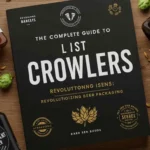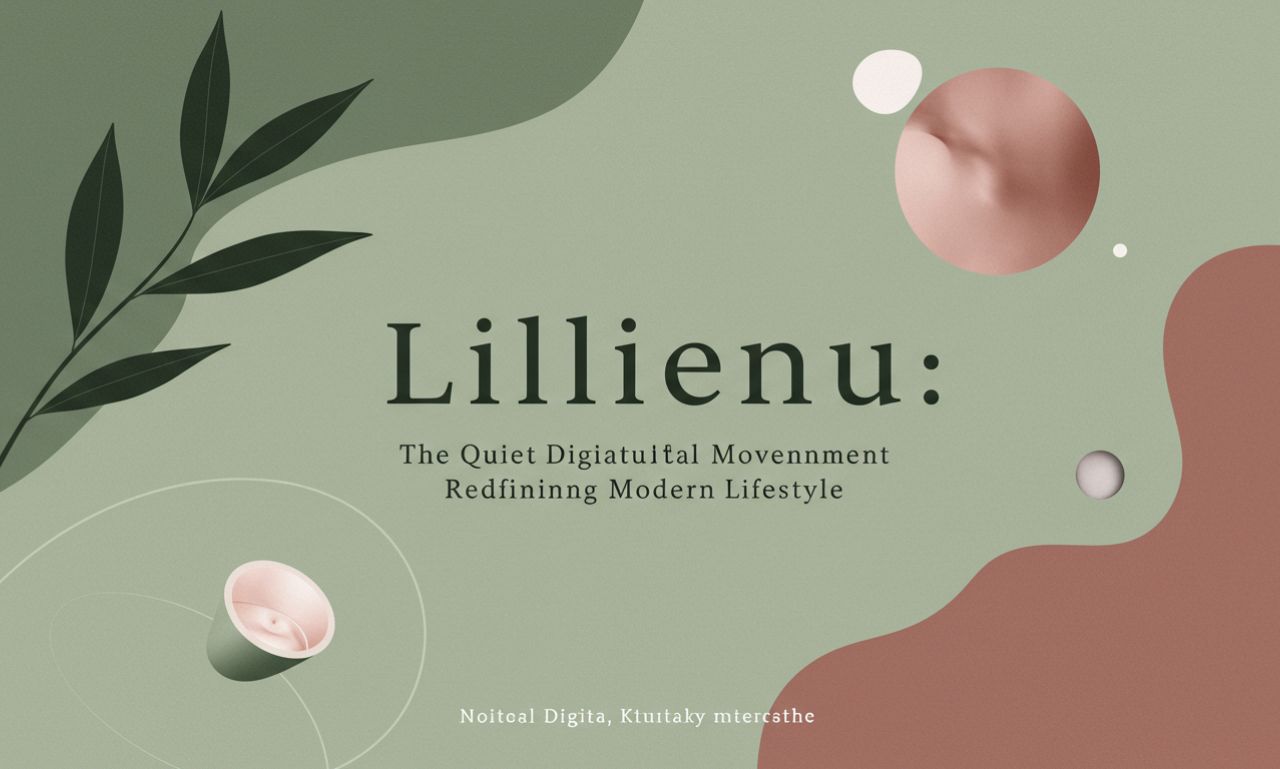For rap fans, lyricists, and music academics, rap-quotes.com blog archives are an often-overlooked gem in the enormous internet world of hip-hop resources. This thorough book explores the unique qualities of these archives, how to use them efficiently, and why they are still a vital resource in the age of streaming services and artificial intelligence-generated material.
What Are the rap-quotes.com blog archives?
The blog archives are made up of years’ worth of meticulously chosen material that goes beyond a mere compilation of lyrics. In contrast to the main website’s emphasis on specific quotations, the archives include:
- Comprehensive poetic interpretations of vintage LPs
- Conversations with underground musicians
- Dissections of the most intricate metaphors in rap
- Annual retrospectives of the development of hip-hop
- Projects involving freestyle transcription
Navigating the Archives: A User’s Guide
Structure and Organization
The archives adhere to a strict system of classification:
1.By the Era
- Vintage (1979-1989)
- Age of Gold (1990–1999)
- Rap by the Millennium (2000-2009)
- Contemporary Period (2010-Present)
2.By Style
- Rap Battle
- Hip-hop that is conscious
- The trap
- Rap Jazz
- Horror-core
3.Unique Collections
- Most Lyrics Sampled
- Top Narrative Lines
- The Most Divisive Bars
Search Features
With the help of advanced search capabilities, users can locate material by:
- Particular artists
- Recordings
- Years
- Even certain poetry devices (internal rhyme, alliteration)
Unique Features You Won’t Find Elsewhere
The Series “Bar Breakdown”
Every chapter analyzes a famous verse using:
- Mapping rhyme schemes
- Historical background
- Tracing influences
- Response tracking: how it was mentioned by other rappers
The Freestyle Initiative
A continuous endeavor to record and examine:
- Freestyles on the radio
- Performances of cyphers
- Live performances of improvised verses
Sample Highlights In-depth analyses of:
The manner in which particular lyrics were sampled
- The primary sources
- The process of transformation
Why These Archives Matter
Maintaining the Oral Tradition of Hip-Hop
In a time when music is no longer available on streaming services, these archives:
- Record unusual and unpublished content.
- Maintain regional dialects and slang
- Monitor the changes in flows
Value of Education
Utilized by:
- Teachers of music creating curricula
- African American Vernacular English is being studied by linguistics scholars.
- Future rappers perfecting their art
Time Capsule for Culture
The records document:
- Reactions to past occurrences
- The emergence and decline of local scenery
- Trends and changes in the industry
How to Get the Most From the Archives
- Start with the “Essential Reads” tags for casual fans.
- Participate in reading challenges with a theme (such as “West Coast Wednesdays”).
- Sign up for the archive email to receive highlights.
For Devoted Scholars
- Make use of citation resources when writing academic papers.
- Participate in community annotation initiatives
- Get access to unprocessed data sets for analysis.
For Artists:
- Examine historical flow patterns
- Examine the evolution of punchlines.
- Gain insight into industry shifts with up-to-date analysis
The Team Behind the Archives
A revolving group of
- Former Rappers in Battle
- Journalists covering music
- PhDs in Linguistics
- Experts in library science
Their varied backgrounds provide academic quality as well as street credibility.
Technical Features
Preservation Activities
- Frequent inspections for link rot
- Several backup mechanisms
- Plans for format migration
Features of Accessibility
- Text-to-speech for those with visual impairments
- Tools for translating for foreign visitors
- Options for a customizable display
Contributions from the Community
The archives benefit greatly from user involvement by:
- Crowdsourced verification of facts
- Memory lane threads: first-person narratives of significant events
- “Lost Lyrics” rehabilitation initiatives
Frequently Asked Questions
1. What is the frequency of archive updates?
Every week, new content is introduced, and significant updates occur every three months.
2. Can I offer an analysis of my own?
Yes, following clearance, through the guest contributor program.
3. Do you have hard copies available?
Every year, a few collections are published as limited-edition zines.
4. To what extent are the transcriptions accurate?
Before being published, each entry is put through three stages of verification.
5. What is the earliest content that is accessible?
thorough analyses of the lyrics from the Sugarhill Gang’s 1979–1983 era.
Conclusion: More Than Just Lyrics
Hip-hop’s intellectual heritage is documented in real time by the Rap-Quotes.com Blog Archives. This resource guarantees that future generations can study rap as a literary tradition and cultural artifact by documenting not just what was said but also how and why it mattered.
These archives provide the in-depth analysis of hip-hop that is accessible online for anyone who is serious about comprehending the genre beyond casual listening, upholding respect for the genre while fostering fresh interpretations and discoveries.














